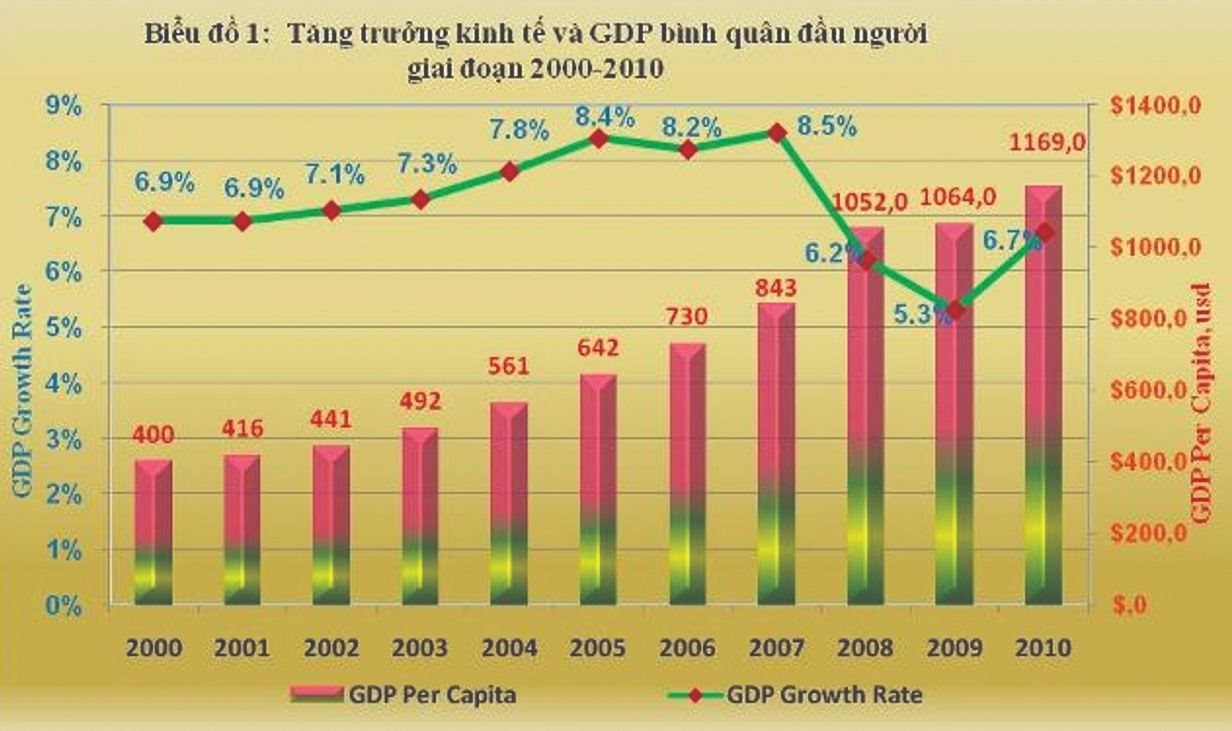Free Trade Zone (FTZ) has no longer been an unfamiliar phrase to many developed countries in the world. However, in Vietnam, the legal corridor has not been completed to meet the needs of this development type in recent years.
First appearance since the 1960s, now there are 3500 Free Trade Zone (FTZ) in 130 countries and territories. FTZ plays a role as a closed special economic zone in which goods can be stored unlimited of time, displayed, assembled, manufactured and handled, and traded between companies... under specific regulations with limited intervention by the Customs Government. Understanding these potential benefits, countries have developed many Free Trade Zones to attract export/import goods, especially capital and technology, from which to develop their industry and national economy.

An inspirative story of Costa Rica
The Republic of Costa Rica has many economic similarities with Vietnam, but the country has enjoyed a remarkable growth in GDP and FDI attraction since the late 1990s. That development is due to the emergence as well as the focus on the Free Trade Zones of the Costa Rican government.
According to the statistics from the chart above, it is not difficult to see that the GPD per capital in Costa Rica has been on an upward trend since the late 90s. This is due to the establishment and development of FTZs not only attracts an amount import goods contributing to the GDP growth, but also creates new job opportunities for the local labor forces. Moreover, with the trend of scientific and technical development, the demand for new technology, equipment or materials related to chemistry, physics or applied medicine is extremely great. However, if there are no Free Trade Zones, the establishment of research centers or simply importing goods for related activities also faces many difficulties from traditional management mechanism.
Vietnam has the advantages of a 3,200km coastline and a favorable location in the East- West economic corridor, many locations that can be developed into international seaports, which can help Vietnam fully meet the factors of become a major logistics center. However, facing the current inadequacies in the supervision of export/ import goods, transit cargo, domestic import/ export by the State management agencies. It is possible that we need a new mechanism to restore the current declining output of goods, contribute to attracting investment as well as turning Vietnam into the focus of commodity production in the region.
.jpeg)
The reason why Vietnam is behindhand in developing Free Trade Zones.
The first reason is that the legal corridor for the formation and development of Free Trade Zones has not been regulated yet. The fact that society does not properly understand and clearly distinguish terms such as Non-Tariff Zone, Economic Zone, Industrial Park, Export Processing Zone, Bonded Warehouse or Free Trade Zone according to international definition is also a barrier. This is also the reason why the Free Trade Zone has not been properly recognized in terms of the benefits that come from their impacts from an economic as well as a demographic perspective.
Global minimum tax policy and WTO commitments
The establishment and
operation of Free Trade Zones
is not only about attracting
import and export goods,
but also related to the tariff
policies of each country and
international regulations. The
term Global Minimum Tax (GMT)
is coined by the Organization
for Economic Co-operation and
Development (OECD) and is
currently an opportunity as well as a challenge for developing economies in general and Vietnam in particular.
Deputy Minister of Planning and Investment Nguyen Thi Bich Ngoc remarked that in response to the global minimum tax policy, Vietnam is studying and adjusting investment policies to adapt to this tax rate and attract new foreign investors. If the global minimum tax policy is applied, all previous and current incentives that Vietnam offers to businesses such as tax exemption, preferential tax rate below 15% will no longer be effective. And obviously this will significantly affect Vietnam's policies and means of attracting investment.

According to the provisions of the global minimum tax (GMT) policy, any corporation or company with a turnover of 750 million Euros or more will be subject to a tax rate of 15% regardless of whether it does business in any country.
According to KPMG, there have been actions of support from the US Treasury Department for the global minimum tax policy, including raising the federal interest rate to 28% and redesigning the GILTI regime (applied global minimum tax policy in the US).
However, whether the application of the above policy is contrary to the commitments of members when joining the World Trade Organization (WTO) is still an open question. In addition, bilateral and multilateral trade agreements (FTAs - Free Trade Agreements) as well as priority business programs such as (CTPAT, CFS, WLP...) are also aiming to eliminate tariff, non- tariff barrier and compliance processes throughout the global supply chain. Thus, we think that the application of global policies should also be considered from many different perspectives in order to create a balanced and effective international business environment.